President Goodluck Jonathan has said his government will not engage in any prisoner swap deal with Boko Haram to free the schoolgirls.
Jonathan has not officially said this, but he was quoted by the British undersecretary for Africa and the commonwealth, Mark Simmonds, as taking that stand at a meeting on Wednesday.
Boko Haram leader, Abubakar Shekau, had released a video on Monday giving the government a condition for the release of the girls. He said his detained “brethren” should be freed.
Now that the president has closed the door to a prisoner swap deal, what options are left?
Advertisement
Bluff. Bluff hard. Government can choose to call the bluff of the militants, hoping that the global pressure on them as well as the international support for Nigeria will make them mellow down and have a change of heart. Mind games work at times, and if the issue of who blinks first is at play, Jonathan may hope that Shekau does. Otherwise, we’re in for a long fight. The downside of bluffing is that the initiative is still with Boko Haram as the girls are firmly in their grip. They have the upper hand in the hostage crisis.
Wild geese chase. There is no clue yet as to the whereabouts of the girls. The video where the girls were seen wearing hijab and reciting the Quran might have been shot three weeks ago. Security sources are working with a theory that the girls have been split up, as only roughly 120 were in the video, even though more than double that figure are believed to be missing. Government can step up rescue efforts, locate the girls, engage the militants in gunfight and end up losing the teenagers.
Win some, lose them. Mallam Shehu Sani, a lawyer and human rights activist with links to some members of the group, was the first to suggest the possibility of a prisoner swap deal, days before Shekau made the offer. The prisoners, Sani said, are in three categories: one, the commanders; two, the foot soldiers; and three, the family members – wives, children and relatives. He believes family members can be freed in exchange for the schoolgirls.
Advertisement
Dialogue and dilly-dally. President Jonathan favours dialogue with Boko Haram, not just to free the girls but also to end the insurgency which has ruined the lives of millions of Nigerians in the north-east. The problem, he has often said, is that nobody is coming forward to represent Boko Haram. It is impossible to dialogue with somebody who does not have a face. The work of the dialogue committee, led by Taminu Turaki, minister of special duties, has been largely ineffective. Therefore, the dialogue option, without prisoner swap, is going to be a hard route to follow.
Do nothing and never see the girls again. Joseph Kony, leader of the Lord’s Resistance Army (LRA), a guerrilla group which used to operate in Uganda, has taken hundreds of girls as sex slaves in his terrorist campaign. Many of them are never seen again. Some have managed to escape but are unable to locate their homes, having been taken across the border years ago. If Boko Haram remains intransigent and ferries the girls away, the sad fact is that we may never see those girls again. So near and yet so far!
1 comments
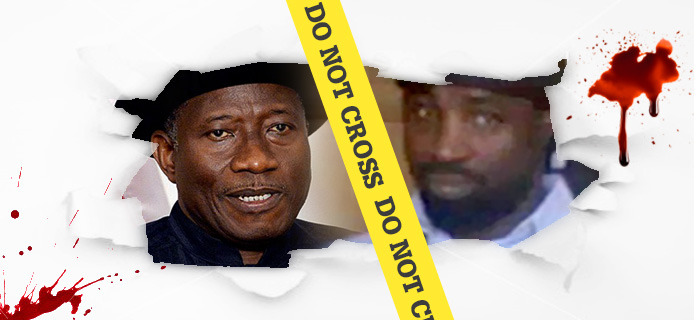
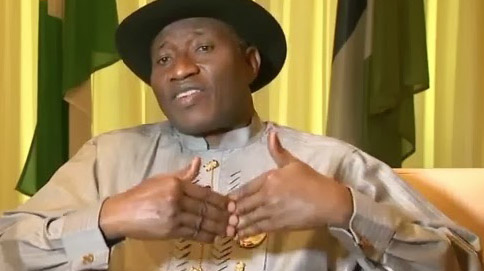
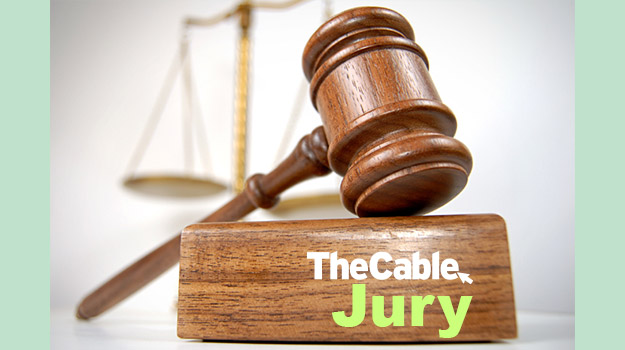
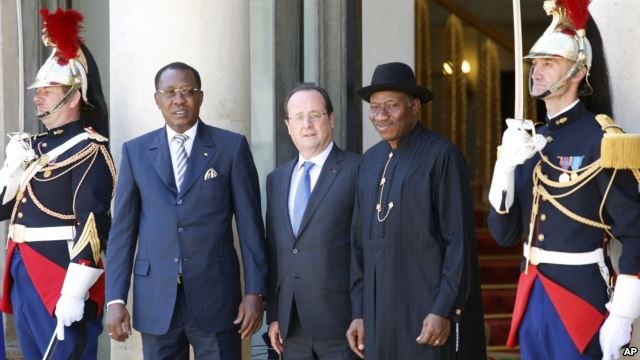

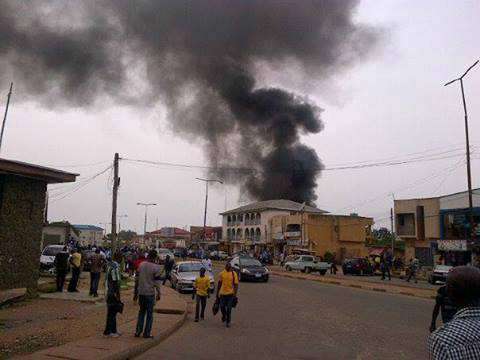
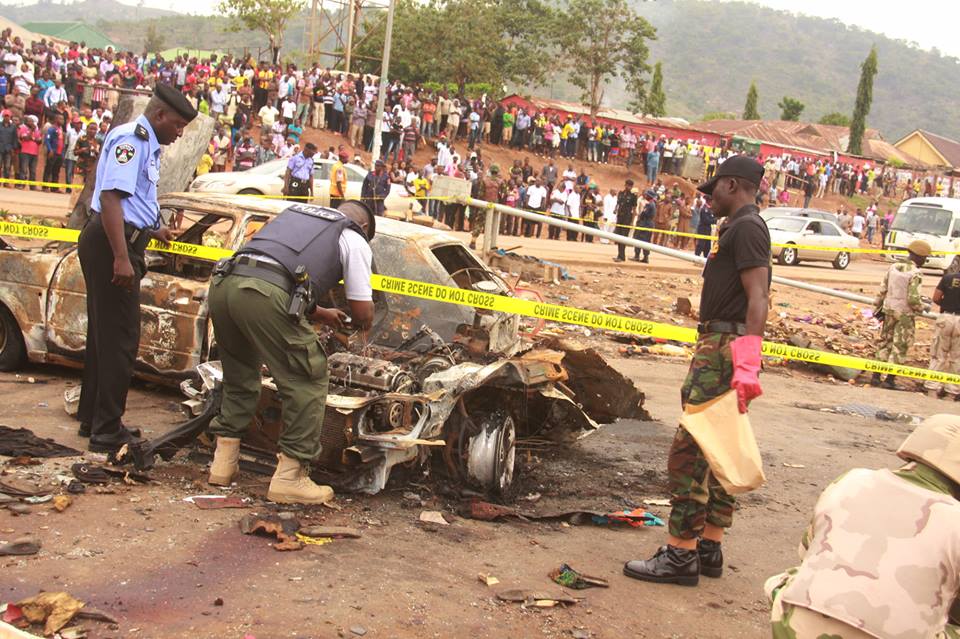
Government grandstanding is not a solution. As rightly said, the terrorists have claimed value and we have to talk with them. The Israelis engaged with Hamas to free Gilad Shalit, even though they call Hamas a terror group. The French paid $3.5 million dollars to Shekau for the 7-member French family kidnapped by Boko Haram in Cameroon to be released. The Americans are negotiating with the Taliban to get a seized American soldier released. Can Nigeria be an exception?